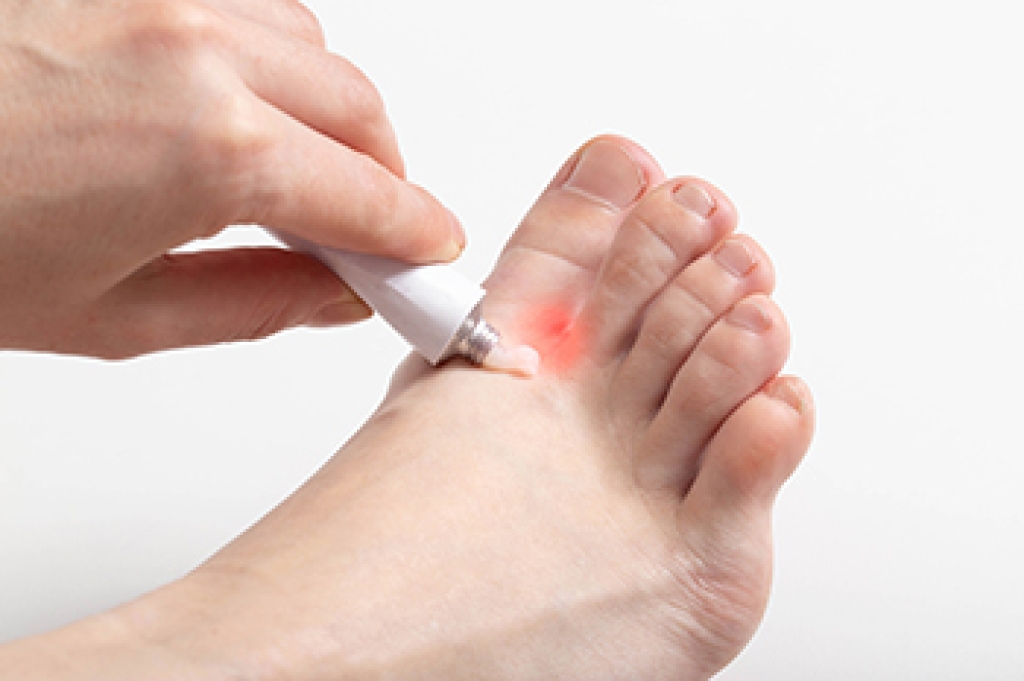
Restaurant workers spend long hours on hard floors, making proper footwear essential for comfort, safety, and foot health. Shoes should provide slip resistance to prevent falls in kitchens or dining areas. Comfort is critical, with adequate cushioning and arch support to reduce fatigue during long shifts. Durability ensures shoes withstand daily wear, while easy to clean materials maintain hygiene. Wearing improper shoes can lead to foot pain, plantar fasciitis, or joint problems. A podiatrist can evaluate your feet, recommend suitable work footwear, and provide treatments for any foot issues caused by long hours on your feet. If you have foot pain from wearing inadequate shoes at work, it is suggested that you consult a doctor who can offer effective relief and treatment solutions.
While working on the feet, it is important to take the proper care of them. For more information about working on your feet, contact one of our podiatrists from Comprehensive Foot & Ankle Centers. Our doctors will treat your foot and ankle needs.
Working on Your Feet
Standing on your feet for long periods of time can cause stress and pain in your feet. Your whole body may experience change in terms of posture, back pain, bunions, callouses and or plantar warts. There are ways to avoid these conditions with proper foot care, smart choices and correct posture.
Positive Changes
Negative heeled shoe – Choosing this shoe type places the heel slightly lower than the ball of the foot. These are great for overall foot health. Find shoes that fit you correctly.
Go barefoot – Our feet were not designed to be enclosed for all hours of the day. Try to periodically expose your feet to air.
Eliminate Pain
Foot Exercises – Performing simple exercises, incorporating yoga and doing stretches are beneficial. This will allow increased blood flow to the area and muscles of the foot.
Achilles tendon – Stretching the foot out flat on the floor will relax the calf muscles and tendon. These exercises can be performed almost anywhere. Make sure you add these exercises to your daily regimen.
With a little bit of this information and knowing more about foot health, you will notice changes. Foot stretches and proper footwear will help with pain and prevent further issues.
If you have any questions please contact our offices located in Shepherdsville and Louisville, KY . We offer the newest diagnostic and treatment technologies for all your foot and ankle needs.




